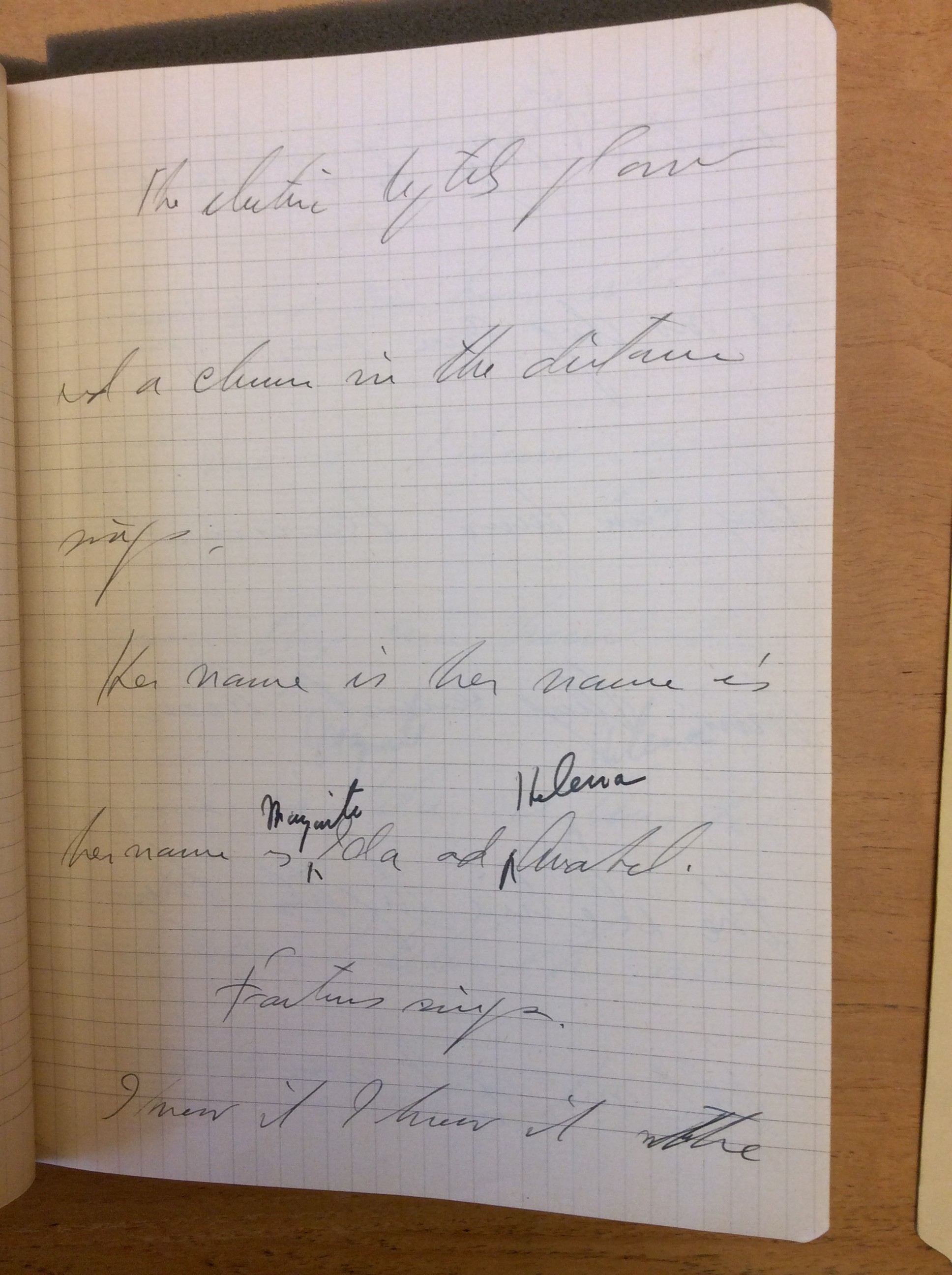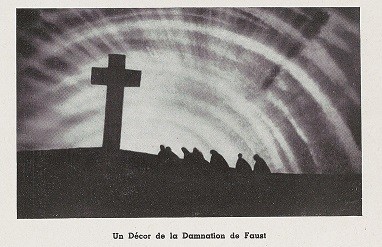Abstract: This article explores the central role of religion in Gertrude Stein’s 1938 libretto, Doctor Faustus Lights the Lights. Relative to other modern Faust plays, Stein emphasizes the religious character of pre-modern life, demonstrating how it is entangled with gendered ways of existing and moving in space. I argue that Stein extends modern investigations of Faustus’s pursuit of knowledge by harnessing the pragmatic philosophy of William James, who makes a crucial distinction between knowledge of acquaintance and “knowledge-about.” Examining the Faust narrative through these epistemological categories, Stein finds that Faust’s failures arise from an excessively narrow understanding of the knowledge that he seeks. Stein’s Doctor Faustus, then, recuperates a broader range of embodied and sensory understandings for modernity. The article thus suggests that representations of religion played a larger role in dramatic modernism than has been previously acknowledged or understood.
Rebecca Kastleman spoke recently about her research on the On TAP podcast.
Images: Stein - Damnation de Faust program
Stein, Gertrude. Manuscript notebooks (with pages laid in) for “Faust an opera or Doctor Faustus lights the lights.” Gertrude Stein and Alice B. Toklas Papers, Box 16, Folder 332, Beinecke Rare Book and Manuscript Library, Yale University.
Rachel Kastleman is a Postdoctoral Research Associate in the Department of English at the University of Virginia; her research focuses on modern and contemporary theater and performance.

